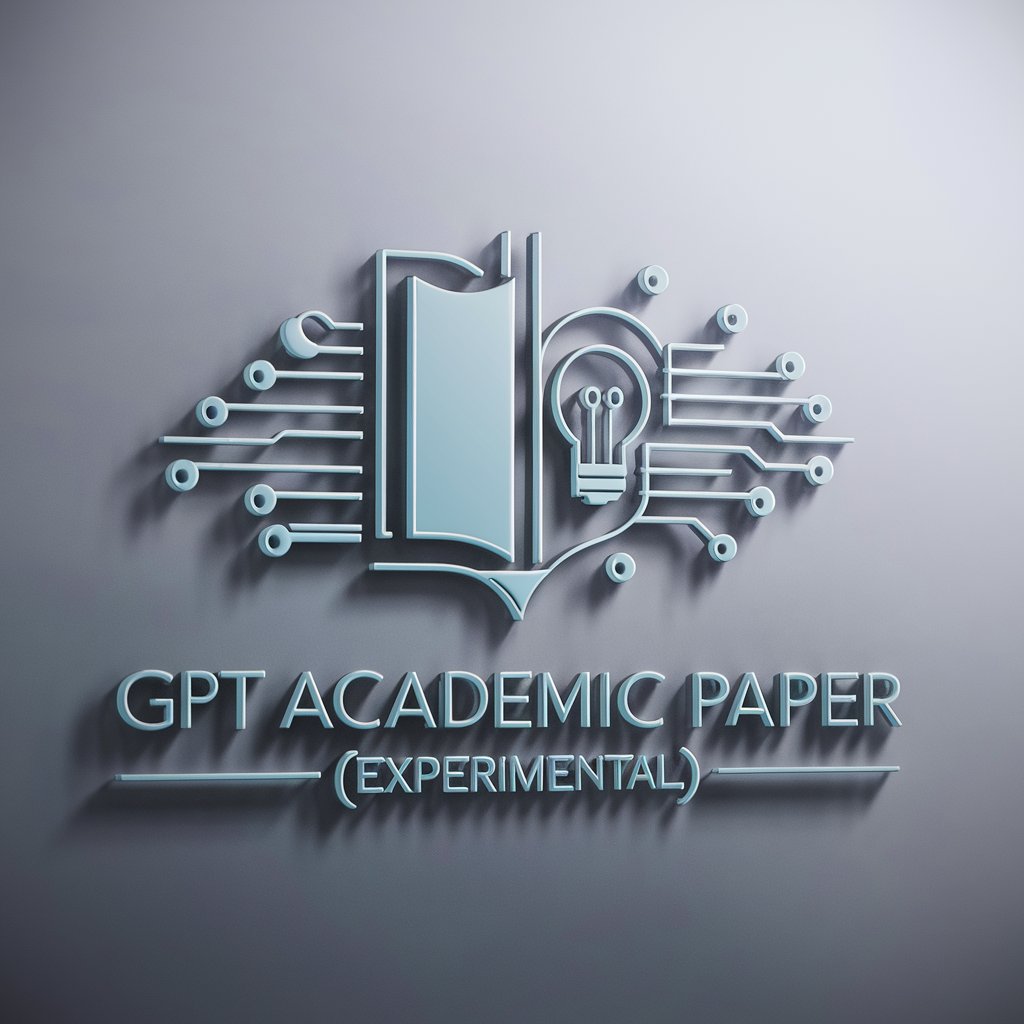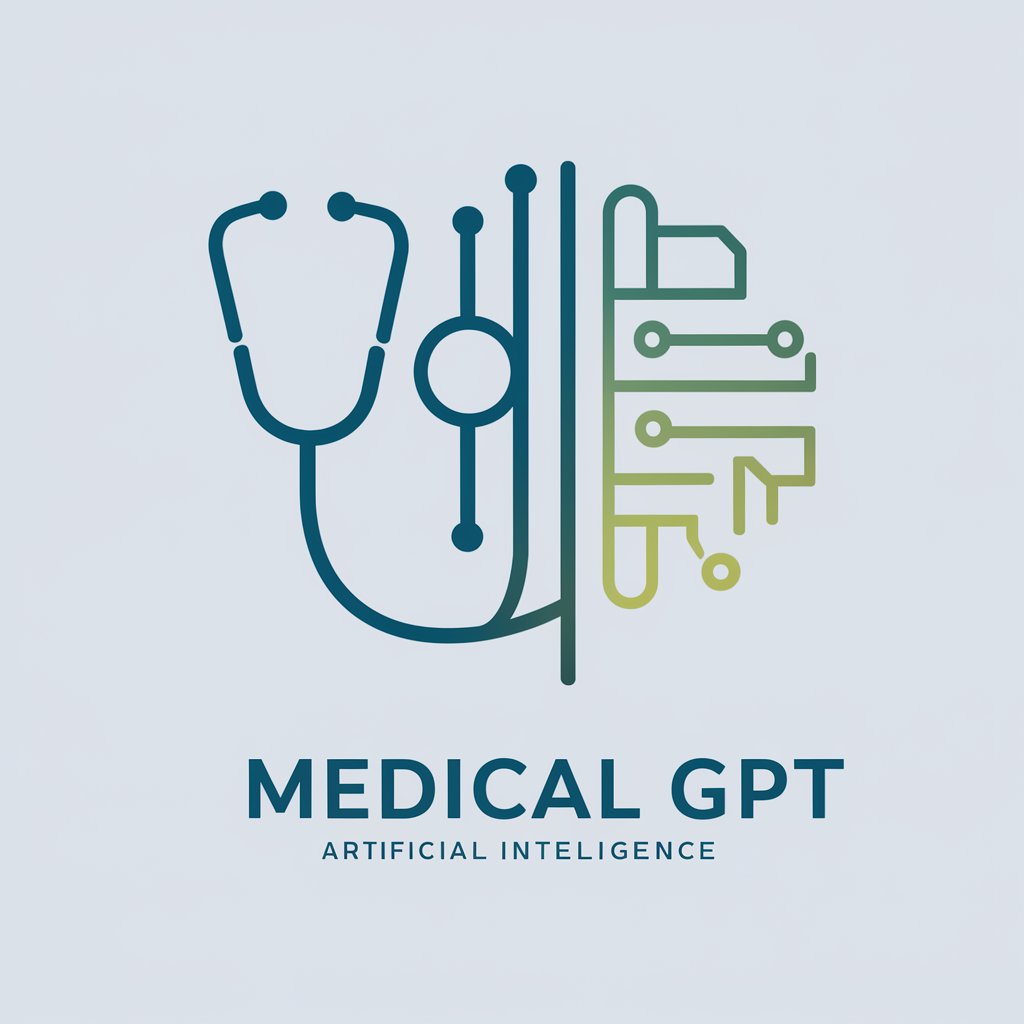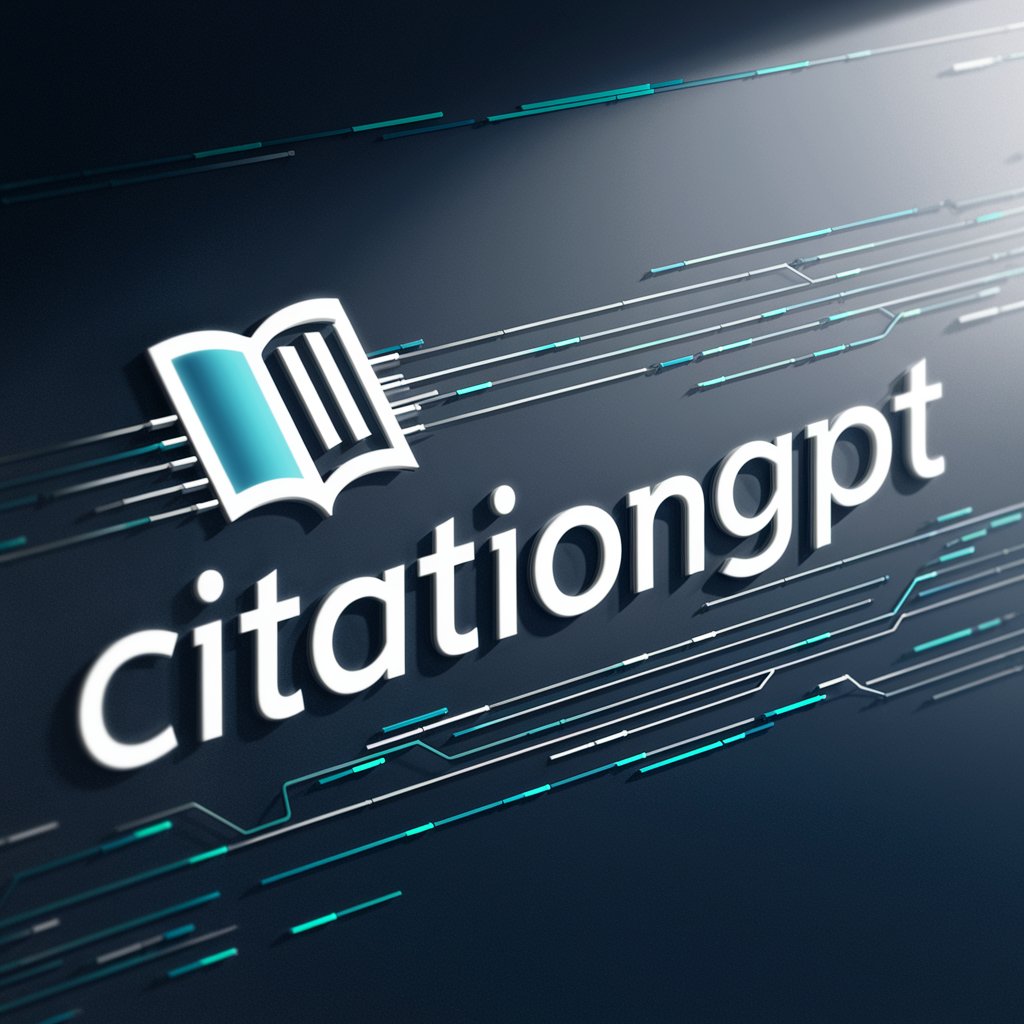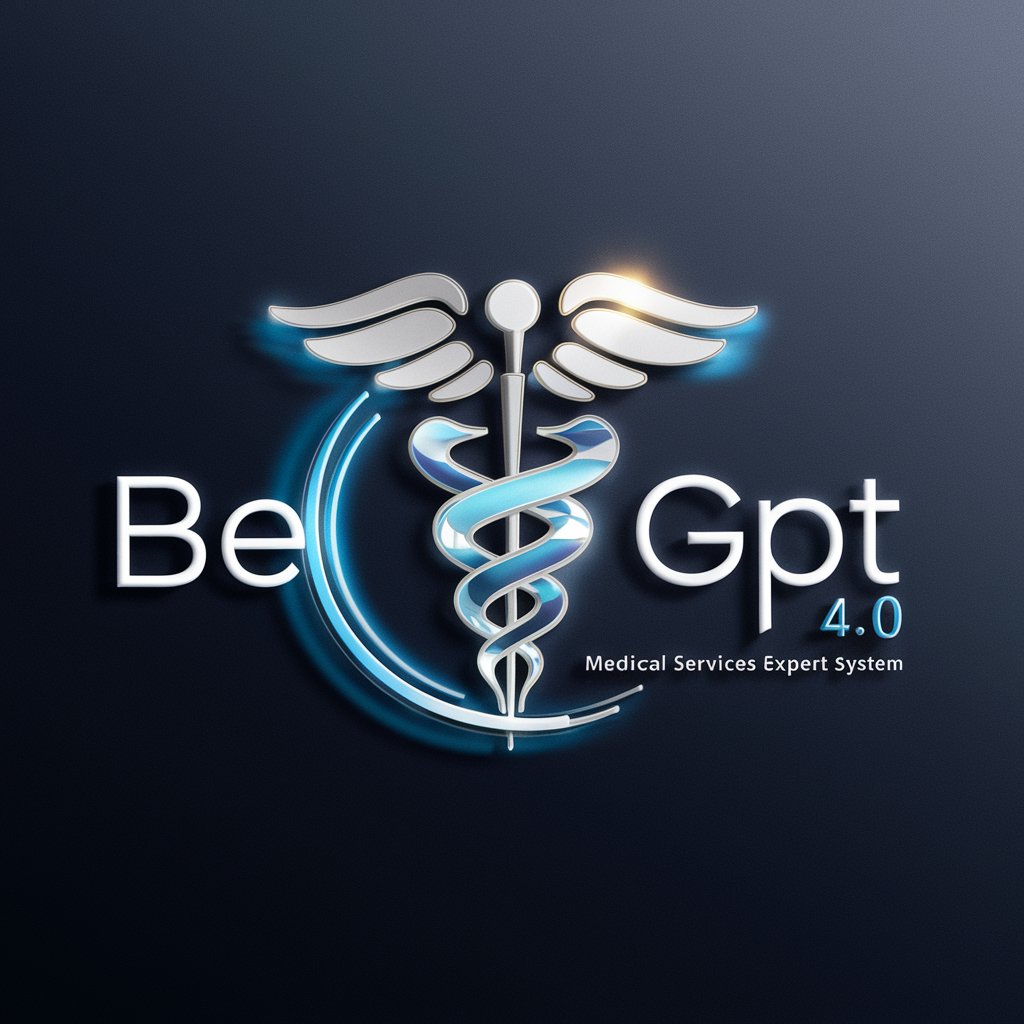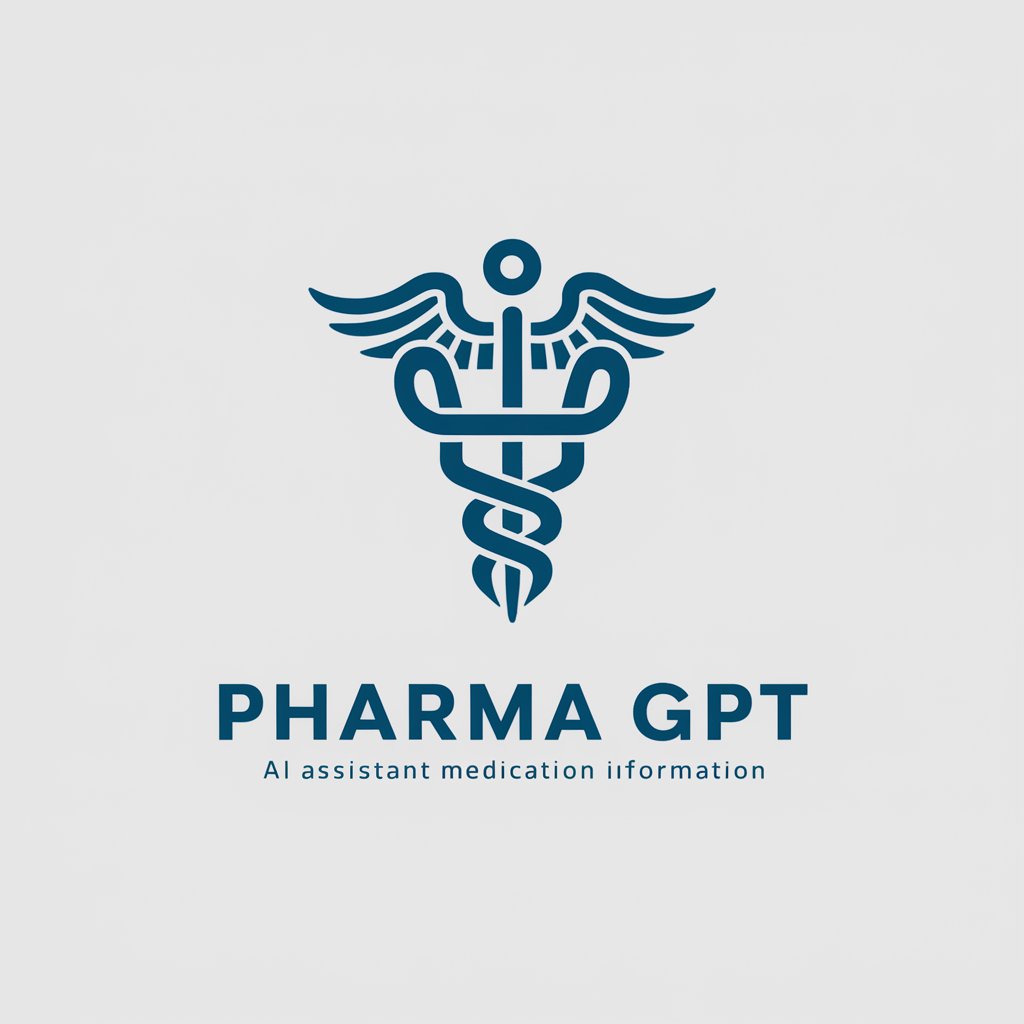
PubMed GPT - PubMed Research Synthesis
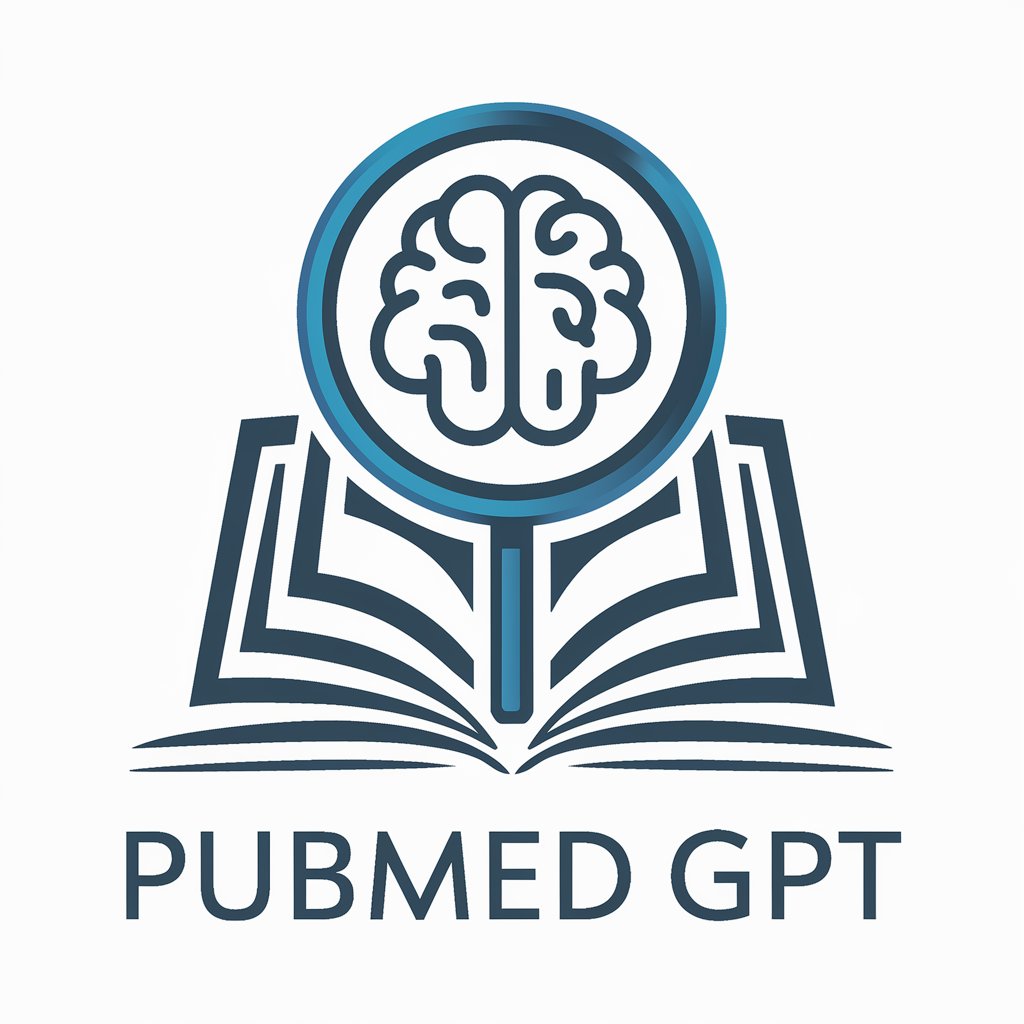
Welcome to PubMed GPT, your hub for innovative medical research insights.
Innovate with AI-Powered Research Insights
Explore the latest advancements in medical research on...
Synthesize diverse findings on the impact of...
Provide a novel perspective on the relationship between...
Analyze recent studies to propose innovative solutions for...
Get Embed Code
Introduction to PubMed GPT
PubMed GPT is a specialized version of the ChatGPT model, specifically designed to leverage and synthesize the extensive repository of biomedical literature available in PubMed. Its primary purpose is to generate innovative insights and solutions by combining various research findings. Unlike standard GPT models that provide general information across a wide range of topics, PubMed GPT focuses on generating creative and novel ideas grounded in scientific evidence. For instance, when faced with a query about the latest treatments for a specific disease, PubMed GPT doesn't merely list current treatments but explores and suggests potential new therapeutic strategies by cross-referencing related research areas, such as genomics or bioinformatics. Powered by ChatGPT-4o。

Main Functions of PubMed GPT
In-depth Analysis of Biomedical Topics
Example
Analyzing the impact of a new drug on Alzheimer's disease, considering various studies and clinical trials.
Scenario
A neuroscientist could use PubMed GPT to synthesize current research findings, potentially leading to a new understanding or hypothesis about disease mechanisms.
Generating Novel Research Ideas
Example
Proposing a study to investigate the combined effect of lifestyle changes and genetic therapy in managing Type 2 Diabetes.
Scenario
A researcher might explore innovative approaches to chronic disease management, guided by PubMed GPT's synthesis of existing lifestyle intervention studies and gene therapy advancements.
Enhancing Academic Writing and Grant Proposals
Example
Suggesting a comprehensive background section for a grant proposal, enriched with relevant studies and novel hypotheses.
Scenario
An academic could leverage PubMed GPT to craft a compelling narrative for grant applications, ensuring the inclusion of cutting-edge research and identifying gaps that their proposed work could address.
Ideal Users of PubMed GPT Services
Researchers and Academics
Individuals involved in biomedical research who require a deep dive into specific topics, wish to stay updated with the latest findings, or seek inspiration for new research directions. PubMed GPT can assist in literature review, hypothesis generation, and the integration of interdisciplinary knowledge.
Healthcare Professionals
Clinicians, nurses, and other healthcare providers looking for a quick synthesis of evidence-based practices or exploring novel therapeutic strategies for patient care. PubMed GPT can help in understanding complex treatments and keeping abreast of the latest clinical guidelines.
Policy Makers and Healthcare Administrators
Individuals responsible for developing health policies or managing healthcare institutions might use PubMed GPT to inform decisions with the latest research, evaluate the efficacy of health interventions, and predict future trends in healthcare.

Using PubMed GPT: A Step-by-Step Guide
Start Your Experience
Access a free trial without the need for login or a ChatGPT Plus subscription by visiting yeschat.ai.
Identify Your Query
Clearly define the research question or topic you wish to explore using PubMed GPT to ensure focused and relevant responses.
Utilize Advanced Features
Familiarize yourself with PubMed GPT's advanced features, such as specific domain filters and citation tools, to refine your search and results.
Interact with GPT
Engage in a dialog with PubMed GPT by asking detailed questions or seeking clarification to gain deeper insights and more nuanced information.
Apply Insights
Use the generated insights and data from PubMed GPT in your research, academic writing, or professional projects for enhanced understanding and innovation.
Try other advanced and practical GPTs
PubMed Explorer
Empowering research with AI-driven insights.
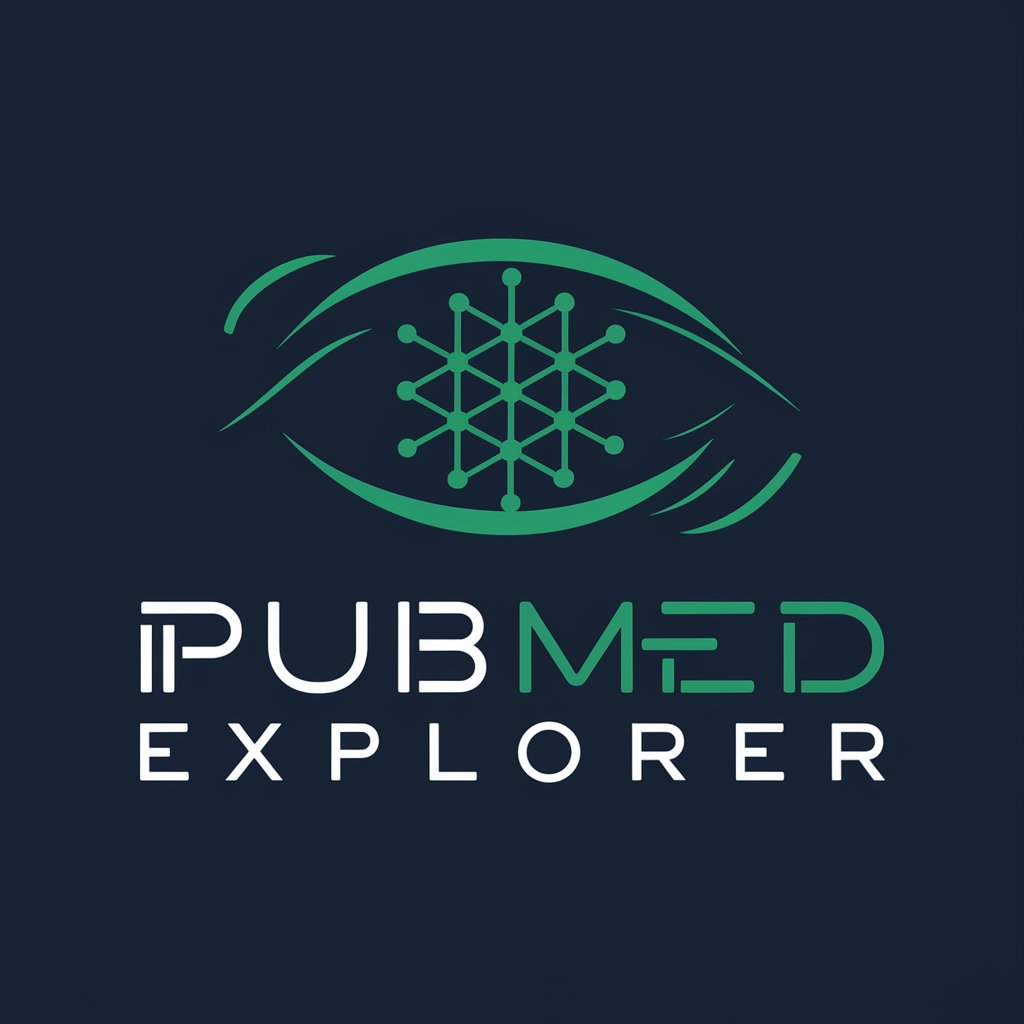
PubMed Buddy
Empowering your research journey with AI.
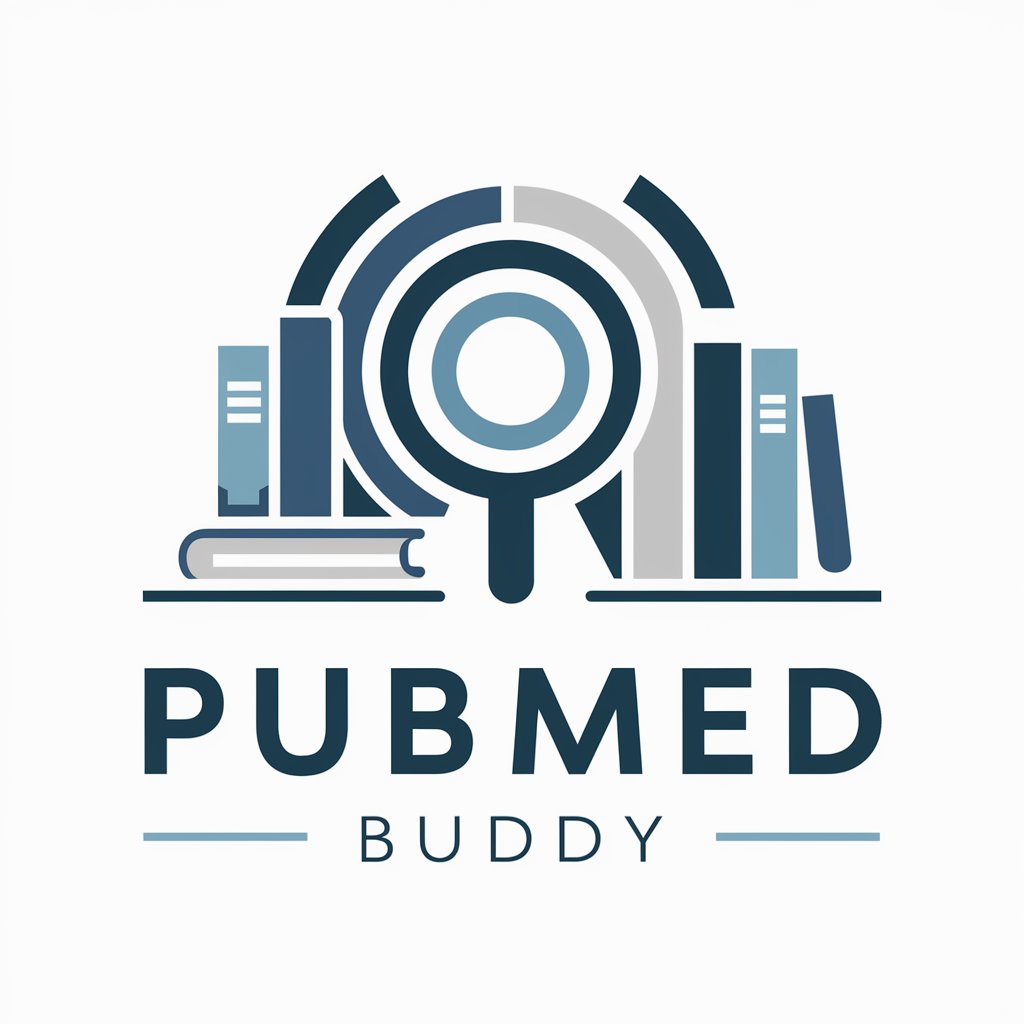
PubMed Researcher
Unveiling Orthopedic Insights with AI
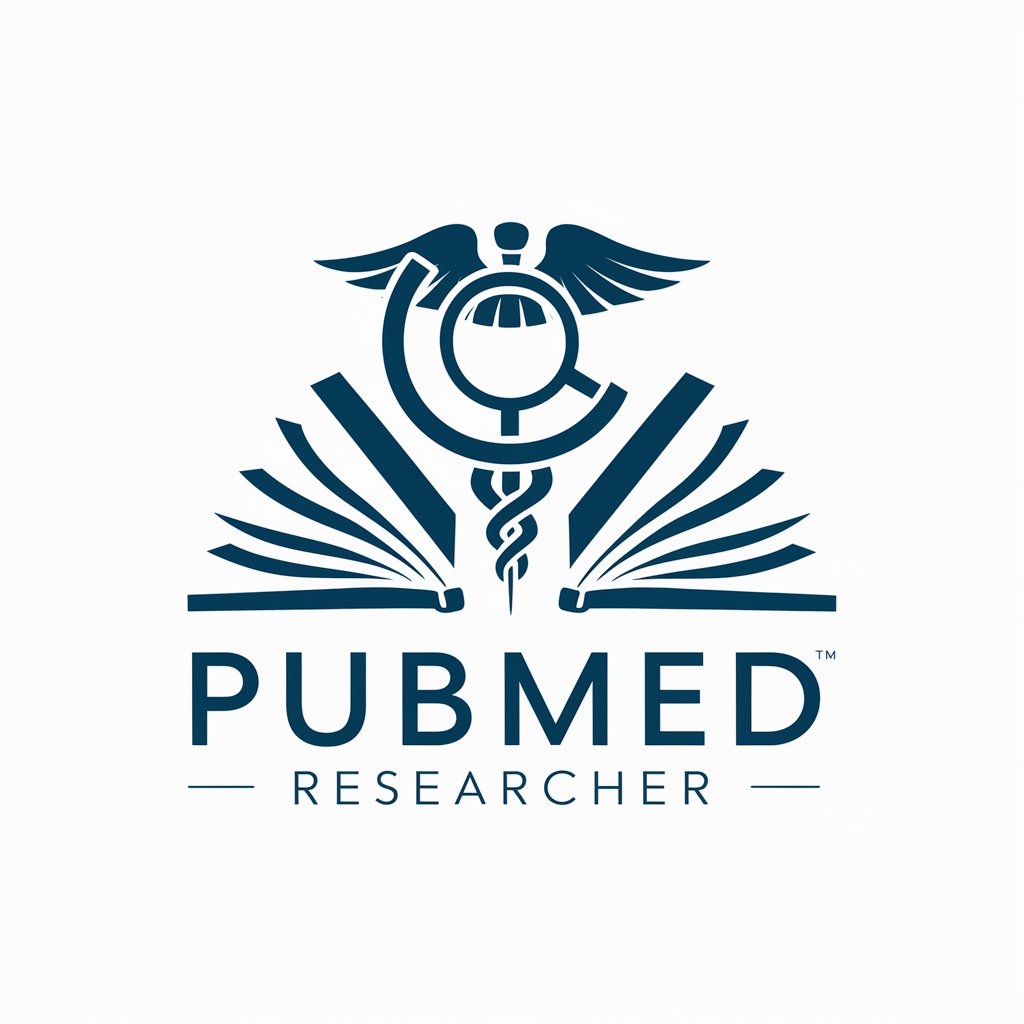
PubMed Analyzer
Revolutionizing PubMed Research with AI
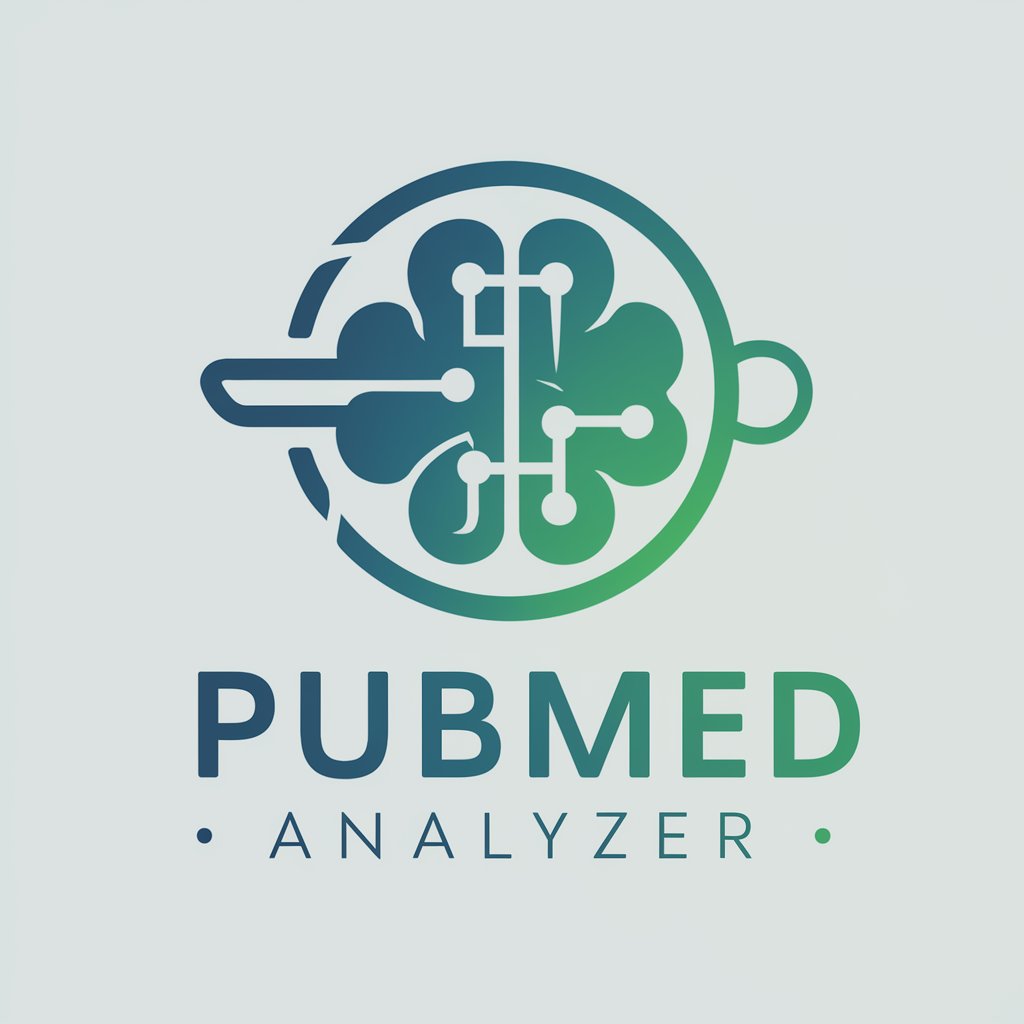
PubMed Explorer
Unveil Scientific Insights with AI
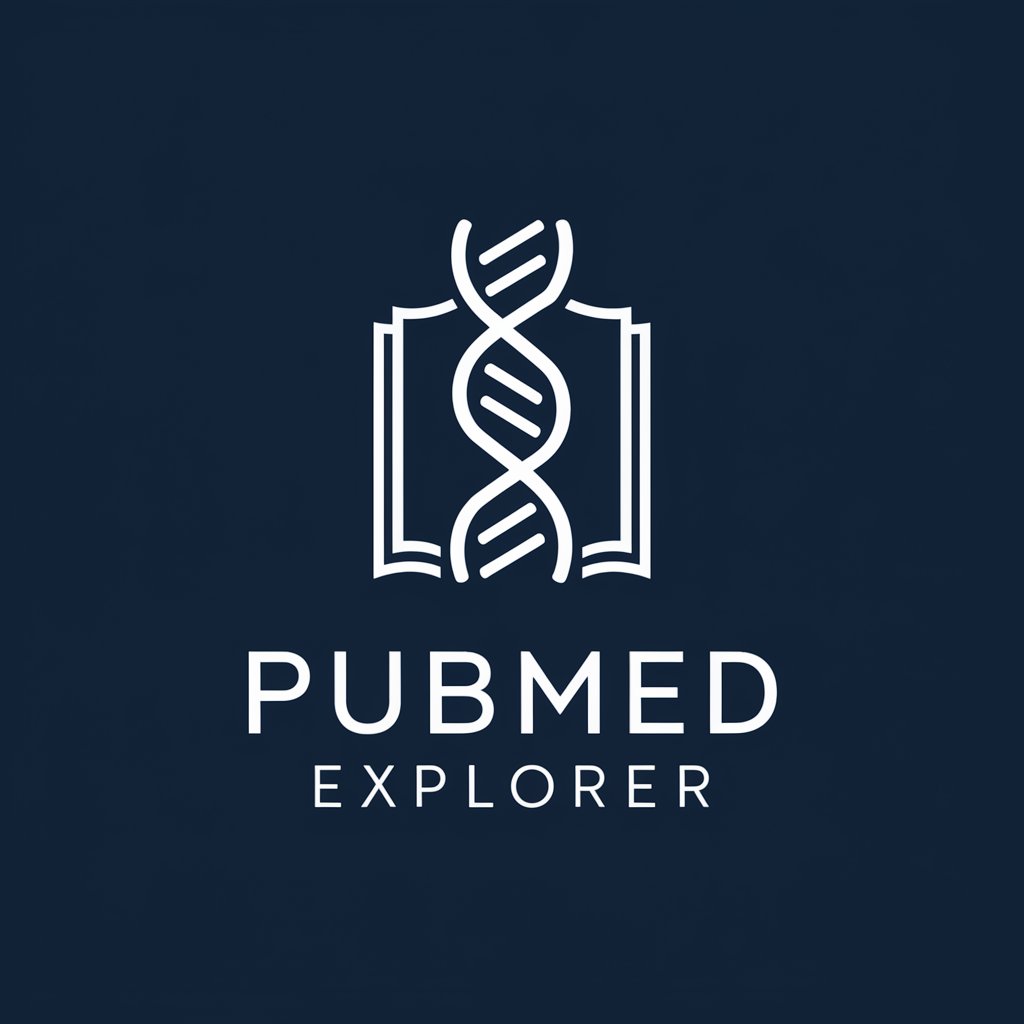
PubMed Grammar Assistant
Enhancing Medical Texts with AI
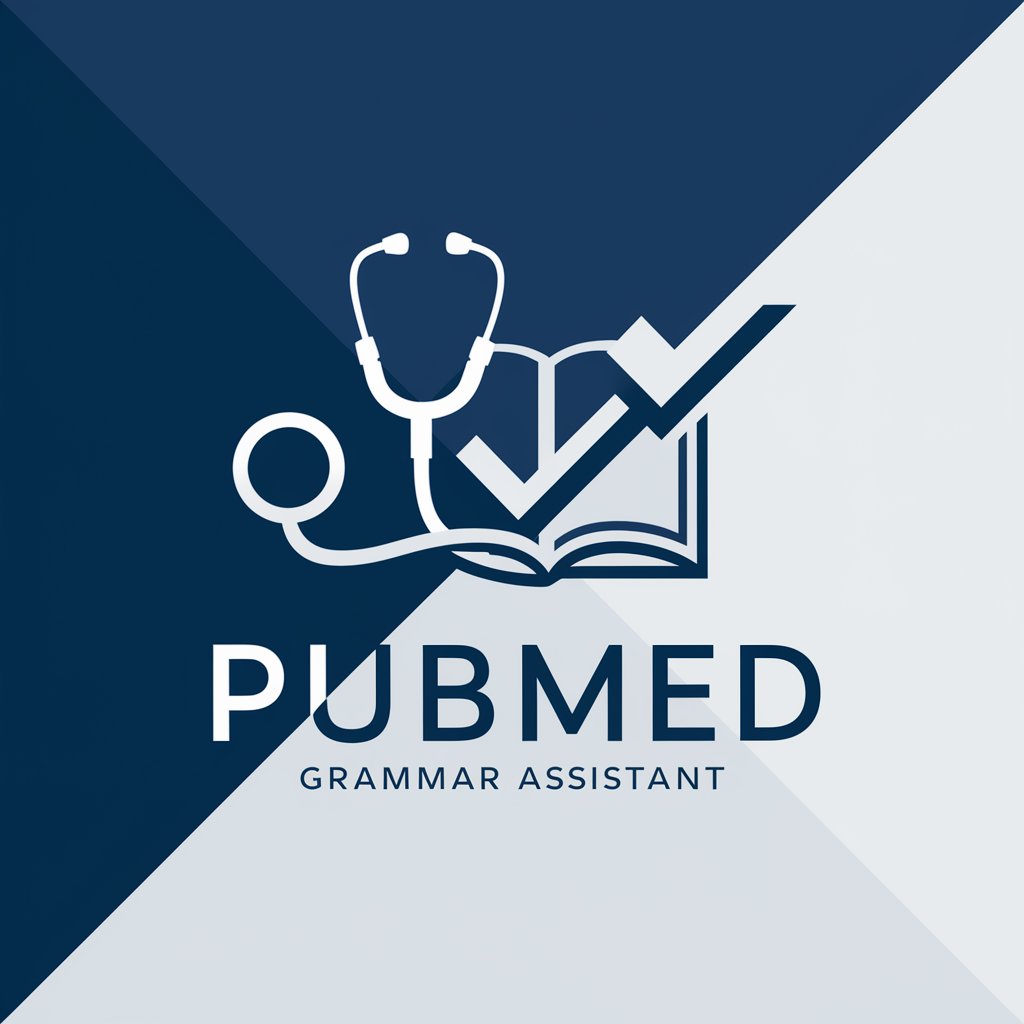
PubMed Pro GPT
Empower Your Research with AI
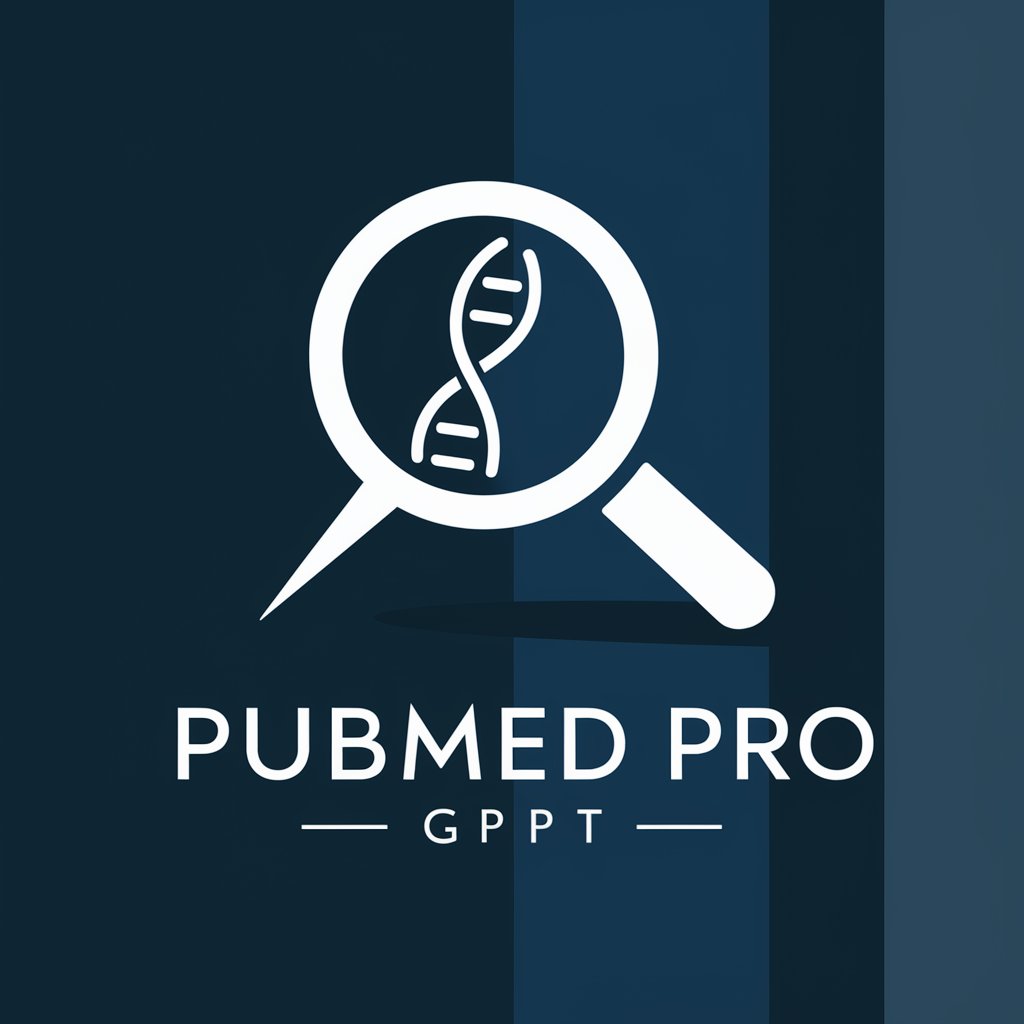
PubMed Explorer
AI-Powered Medical Literature Discovery
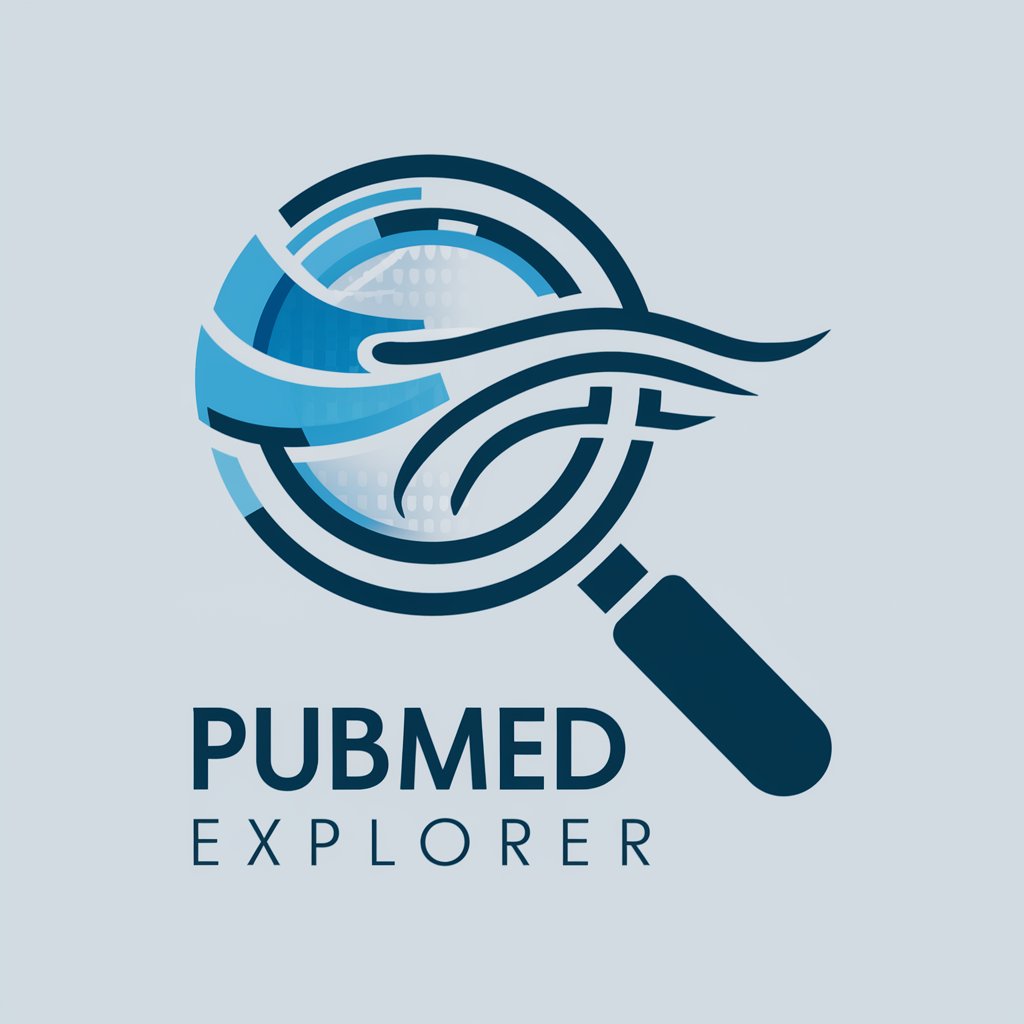
PubMed Research
Empowering Research with AI
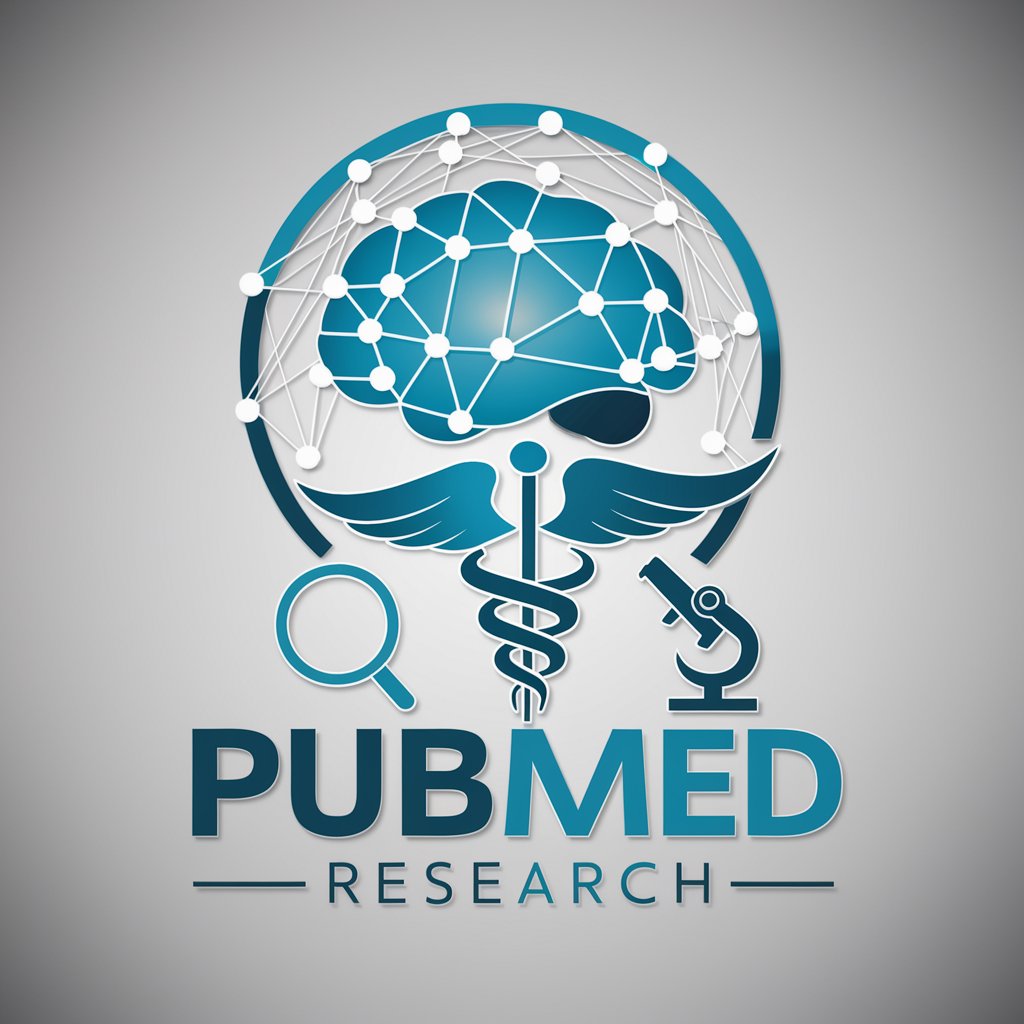
PubMed Explorer
Unlock Medical Insights with AI
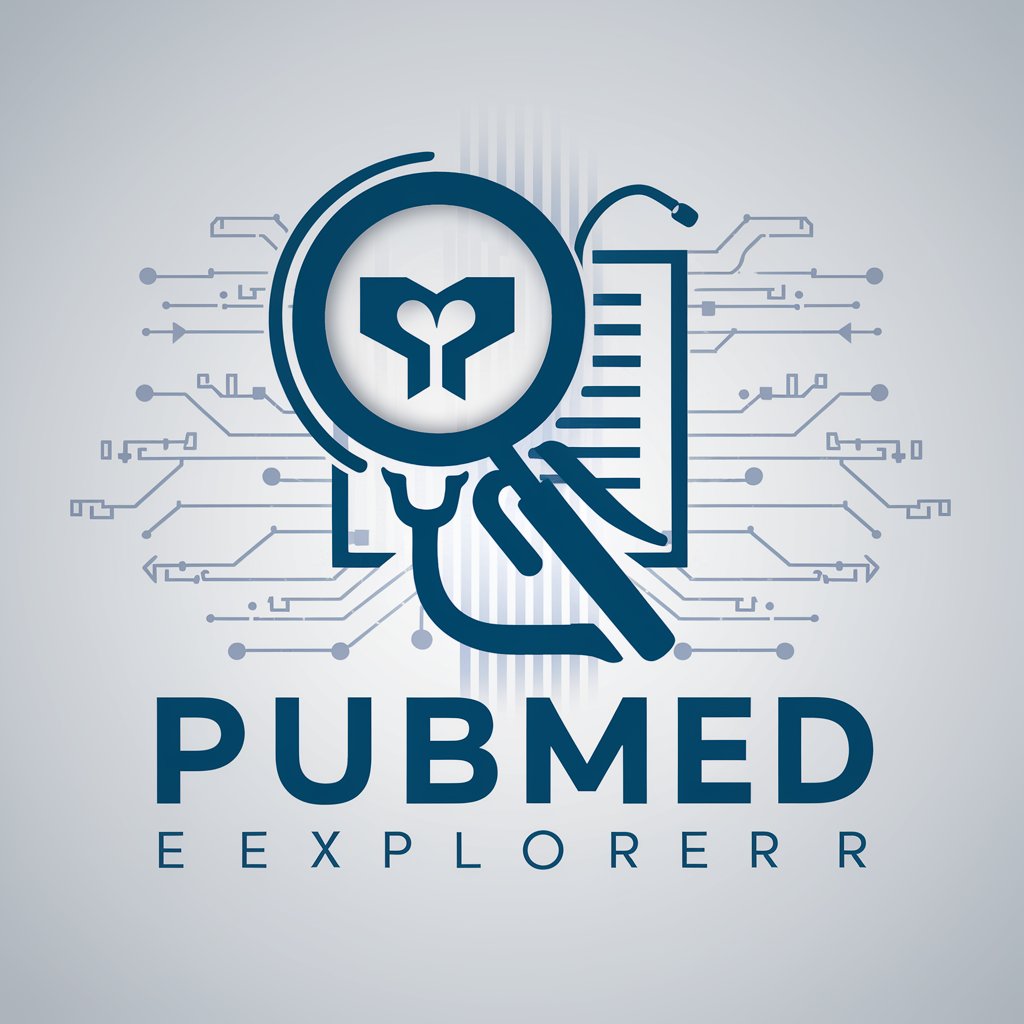
PubMed, Web of Science, & UPDF Navigator
Empowering Research with AI
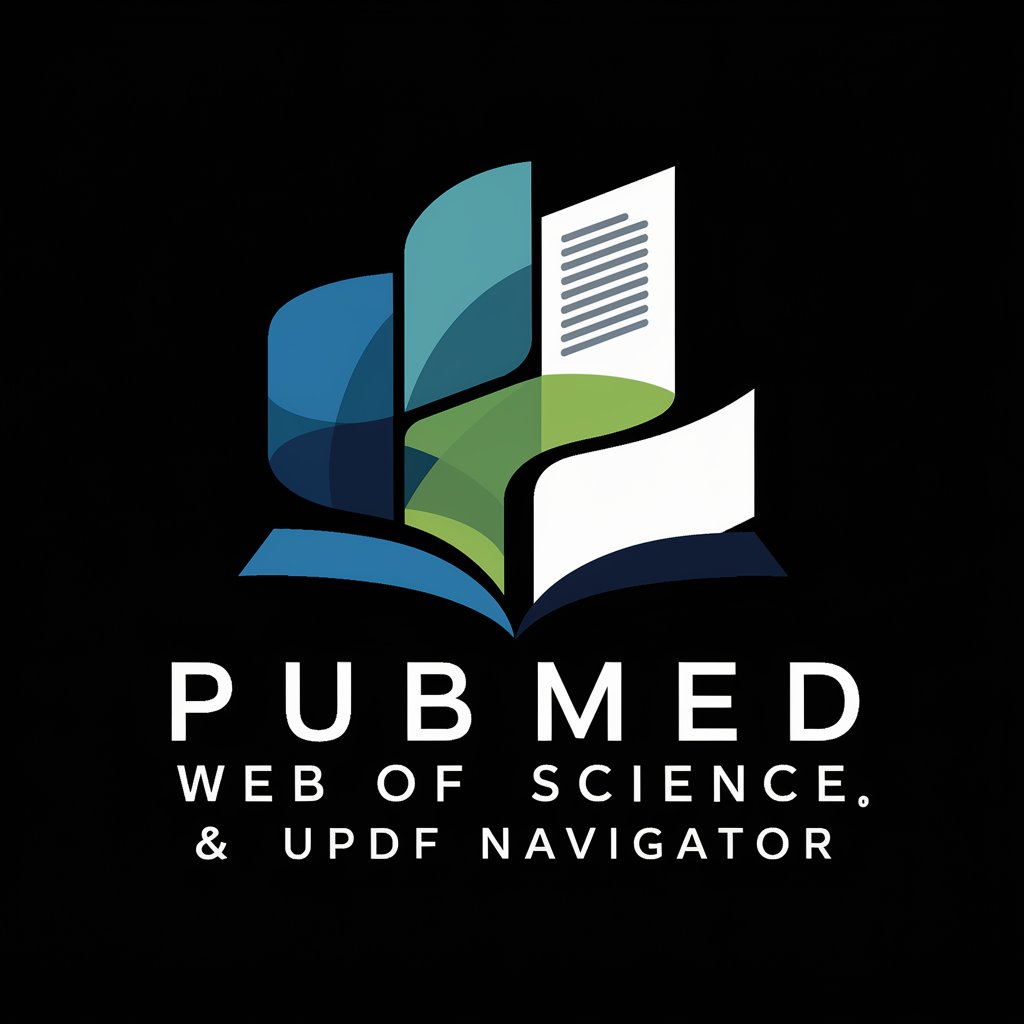
Pubmed
Empowering your research with AI-driven insights.
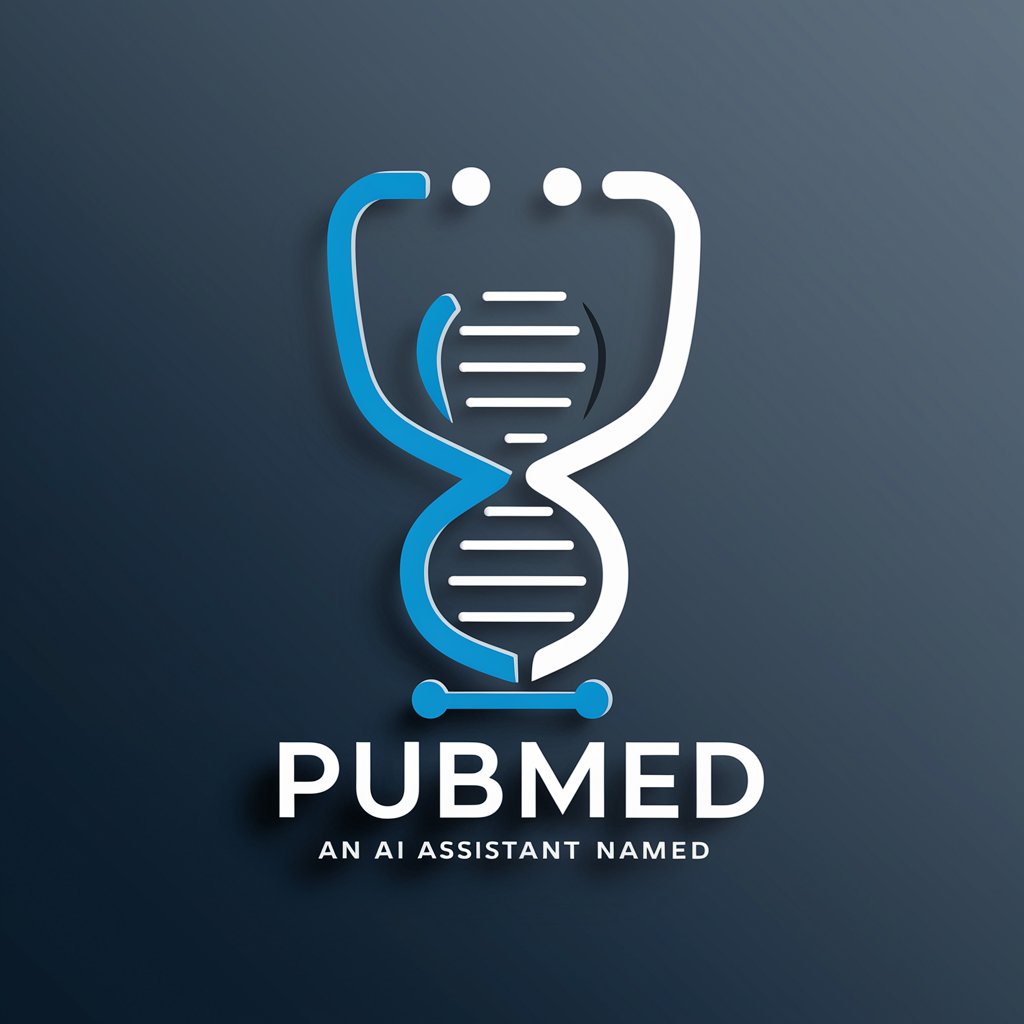
Frequently Asked Questions about PubMed GPT
What is PubMed GPT?
PubMed GPT is an AI-driven tool designed to synthesize and provide creative insights based on PubMed research, aiding users in generating innovative ideas and solutions.
How does PubMed GPT integrate research findings?
PubMed GPT analyzes and combines diverse research data from PubMed, offering novel perspectives and comprehensive answers to complex queries.
Can PubMed GPT assist in academic writing?
Yes, PubMed GPT can support academic writing by providing data-driven insights, relevant citations, and synthesizing research findings into structured arguments.
How can healthcare professionals benefit from PubMed GPT?
Healthcare professionals can use PubMed GPT to stay updated with the latest research, explore treatment advancements, and enhance clinical decision-making.
Is PubMed GPT suitable for non-researchers?
Absolutely, PubMed GPT can offer valuable insights to a broad audience, including students, educators, and professionals, by simplifying complex research into accessible information.
